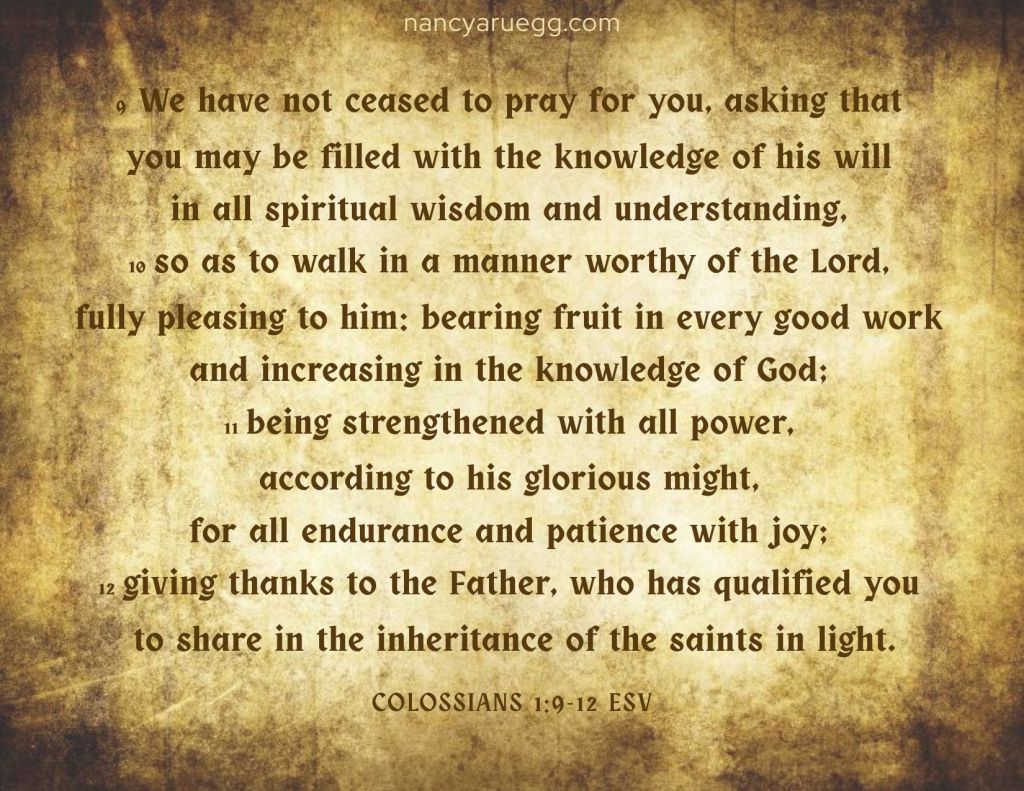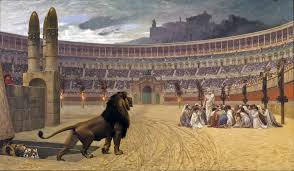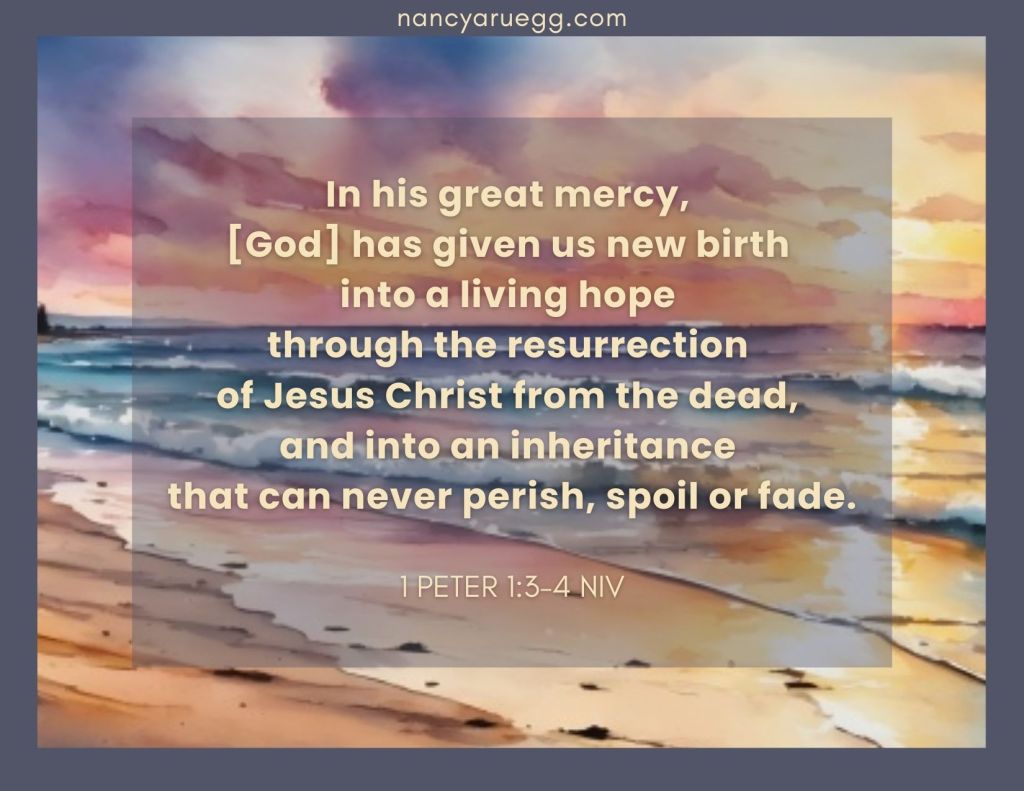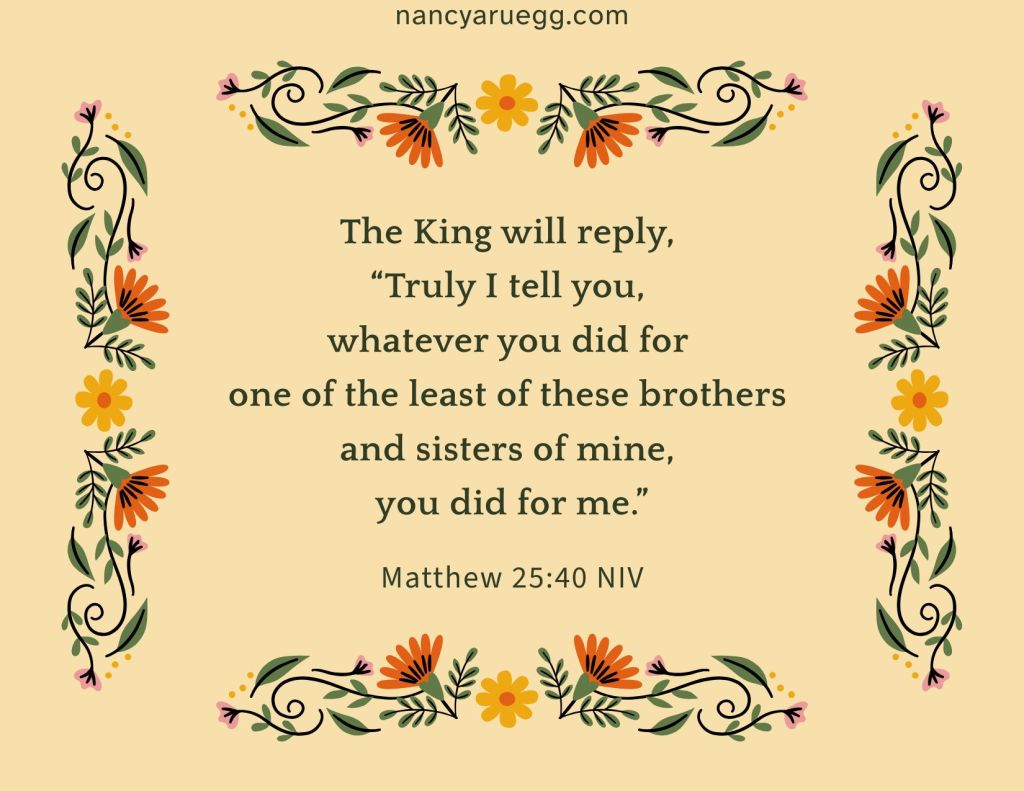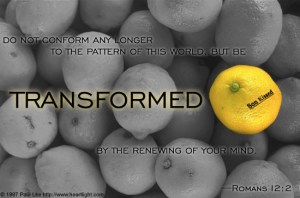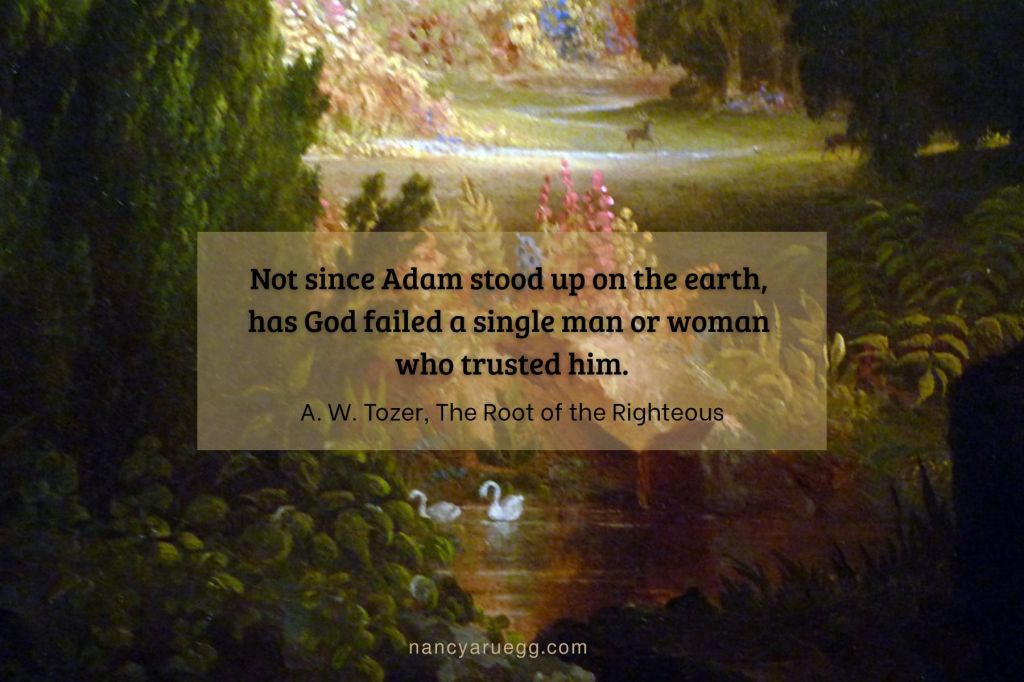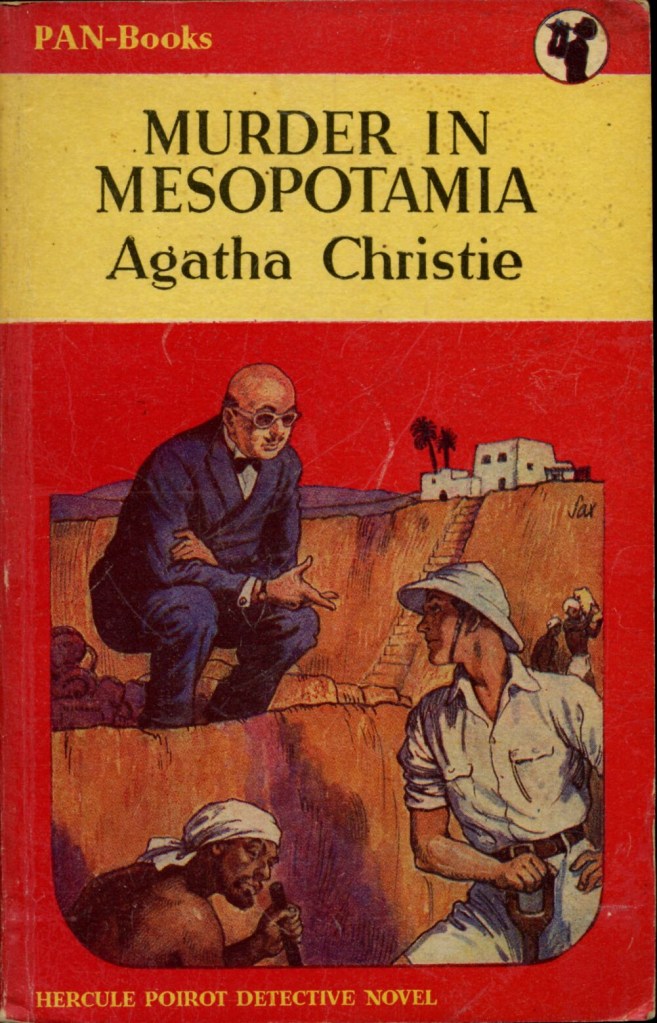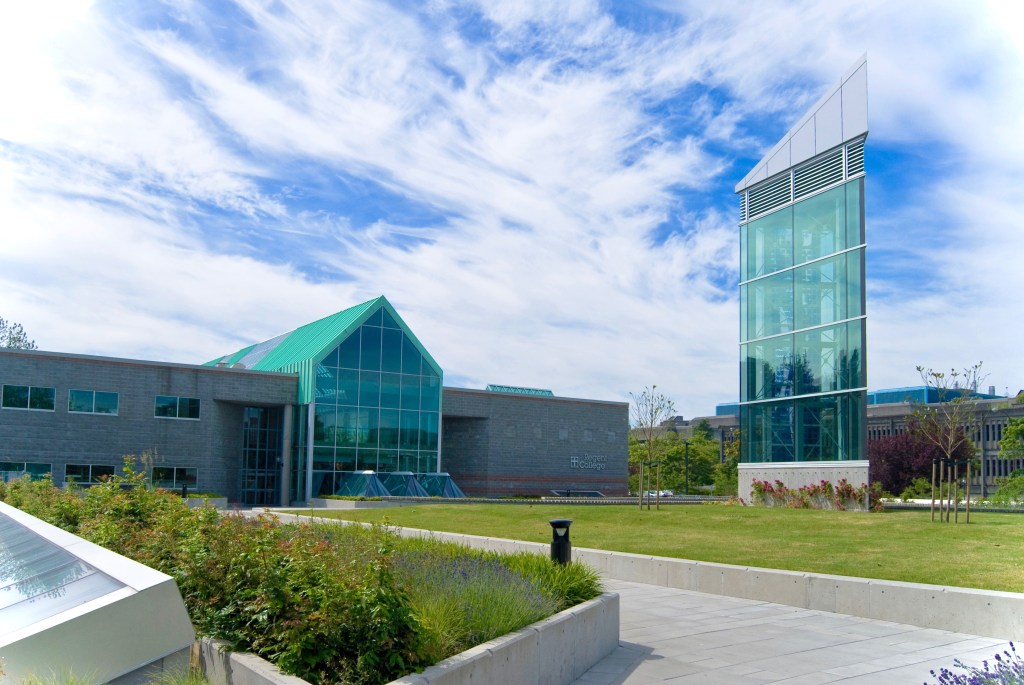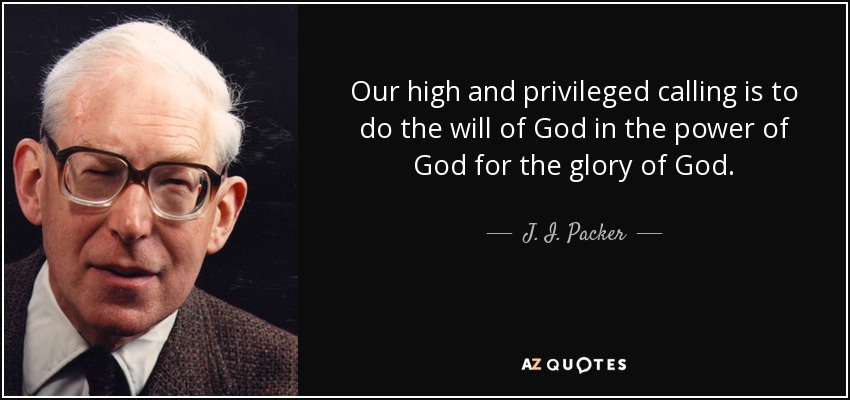Black coffee steamed, a fir-scented candle glowed as I began to journal a prayer from Colossians 1:9-12, in response to a Bible study prompt. What follows is the result, with recent additions and revisions.
Perhaps you’d like to pray along?
Thank you, Father, for including many exemplary prayers in the Bible. Moses showed us how to intercede for others, David, how to praise, and Daniel, how to pray using scripture (1).
You’ve also provided promises, assuring our prayers will be answered–for those who believe in you, seek to live your ways, and pray according to your will (2).
With these assurances in mind, I appropriate for me Paul’s prayer for the Colossian Christians (1:9-12), desiring to experience the same realities in my life: knowledge of your will, obedience worthy of you, power to endure, and joyful gratitude for the promised inheritance in your kingdom.
I too pray to be filled with the knowledge of your will (v.9)—for small matters and major decisions alike. I know that fulfillment of your purpose will result in prosperity of soul (3).
I pray for spiritual wisdom and understanding (v. 9), “to recognize truth and discern reality from your point of view.” Many want to make truth relative to fit their world view apart from you. But “ignorance of spiritual realities is the constant source of error, instability, and sorrow” (4).
In contrast, knowledge of your divine truth brings helpful instruction, guidance, comfort, and more. For me to live by your truth is what you deserve, as my all-wise, loving Father. It also brings you honor and allows me to enjoy “life in all its fullness.” How lavish you are in your goodness, O Lord (6)!
May my life “be the kind that brings credit to [your] grace” (7). One way to do that is to bear fruit (v. 10); to be your instrument of mercy to others with my words and actions. But to do that I need your power, Father, your enablement to carry out what you ask.
I also need your power to persevere, equipping me to even triumph through trials. Eugene Peterson called it “glory-strength—strength that endures the unendurable and spills over into joy” (v. 11 MSG). Such an incredible gift!
I praise you for your supply of endurance. Millions of martyrs who’ve gone before have proved: no circumstance in life can ever defeat . . . no event can ever vanquish (8).
How many, Lord, were tortured and maimed, killed by lions in the Roman Colosseum, burned alive, or tied inside a burlap sack and thrown in a river to drown?
The Christian Martyrs’ Last Prayer by Jean-Leon Gerome, 1883
And yet as death drew near, they spoke and sang words of joy, because of their love for you and their confidence of heaven with you. You made it possible for them, you’ll make it possible for me to deal triumphantly with whatever life delivers.
You also provide patience to withstand unpleasant, even malicious people. You make it possible to set aside bitterness, despair, and exasperation and focus instead on the joyful conclusion ahead, just as Christ did.
Help me to do so, Father. May I remember to take encouragement from your promise that even out of evil, you bring good (9).
Your most mature saints exemplify “giving joyful thanks” (v. 12), even as they suffer. Amy Carmichael, missionary to India, offered a perfect example.
She was often in pain from neuralgia, sometimes bedridden for weeks at a time, yet served faithfully for fifty-five years, even writing thirty-five inspiring books.
Amy Carmichael
“Joy is not gush, ” she wrote. “Joy is not mere jolliness. Joy is perfect acquiescence ~ acceptance, rest ~ in God’s will, whatever comes.”
I know she’s right.
Thank you, O God, for your willingness to bestow all these life-enhancing entities: knowledge of and compliance with your will that leads to satisfaction, strength and power to endure, and joy–especially in the glorious inheritance you’ve provided in your kingdom of light!
Help me do your bidding, Lord, joyfully leaving the outcome to you.
Notes:
- Exodus 32; Psalm 145 among many, Daniel 9.
- 1 Peter 3:12; 1 John 5:14-15.
- Psalm 40:8.
- 4. J. B. Phillips, The New Testament in Modern English, Colossians 1:9; Charles Spurgeon, http://www.preceptaustin.org.
- Psalm 119:14, 105, 52.
- John 10:10 GNT; Psalm 31:19.
- http://www.bereanbiblechurch.org.
- William Barclay, The Daily Study Bible, The Lettters to the Philippians, Colossians, and Thessalonians, 131.
- Hebrews 12:2; Romans 8:28; Genesis 50:15.
Image credits: Nancy Ruegg; http://www.canva.com (2); http://www.picryl.com; http://www.flickr.com; http://www.publicdomainpictures.net (2).
Do sign up below for the monthly newsletter that includes a THANK YOU GIFT: Thirty encouraging quotes to inspire your own spirit and share with others.
Scroll to the end of the newsletter to find this resource!

